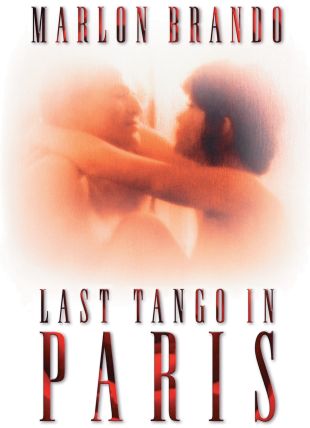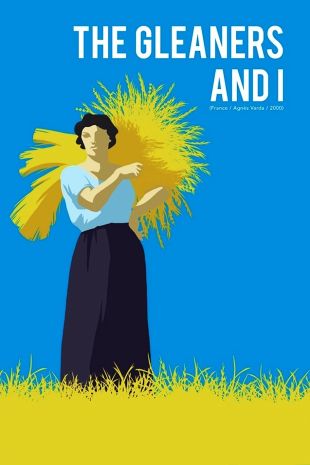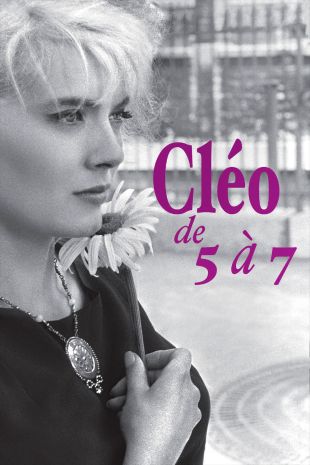Agnès Varda has been called the "Grandmother of the New Wave," a well-meaning if curious tribute for a woman who directed her first feature film at the age of 26. Born in Brussels to a French father and Greek mother, Varda studied literature and psychology at the Sorbonne, and art history at the École du Louvre. She'd originally wanted to be a museum curator, but a night-school course in photography changed her mind. Rapidly establishing herself as a top-rank still photographer, Varda became the official cameraperson for the Theatre Festival of Avignon and the Theatre National Populaire, and then pursued a career as a photojournalist.
Encouraged by filmmaker Alain Resnais, Varda made her movie directorial bow in 1955 with La Pointe Courte. She based the film on a William Faulkner short story, to which she was attracted because of its parallel plotlines (a recurring device in her later films). That same year, she accompanied another future New Wave director, Chris Marker, to China as visual advisor for Marker's Dimanche a Pekin, then concentrated on writing and directing experimental short subjects for the next five years. Varda's international reputation was secured with her 1961 feature Cleo de 5 a 7, which related in "real time" the anguish of a pop singer awaiting the results of her cancer tests. Her next film, and her first in color, was Le Bonheur (1965), a pioneering feminist manifesto wherein a misguided protagonist convinces himself that he can live copacetically with both his wife and his mistress.
Many of Varda's subsequent productions were heavily influenced by her political views. While visiting America with her director-husband Jacques Demy in 1968, she directed two tractlike short subjects, one of which -- Black Panthers (1969) -- was a paean to activist Huey Newton. Her 1970 production Nausicaa, a TV documentary about Greeks living in France, was so politically volatile that (according to Varda) it was banned outright by Greece's military government. Seldom motivated by commercial considerations (though she was willing to dash off two short subjects on behalf of the French National Tourist Office), Varda continued experimenting with new forms into the '70s; her German documentary Daguerreotypes (1974) was comprised of 4000 still photos (an extension of Varda's fondness for "personifying" inanimate objects), while Response de Femmes (1975) was lensed in 8-millimeter. In 1977, she formed her own production company, Cine-Tamaris. Its first effort was One Sings, the Other Doesn't, a celebration of "the happiness of being a woman" that proved to be a worldwide success. Varda would not make another theatrical film until the highly acclaimed 1985 docudrama Vagabond, a bleak, powerful portrait of an ill-fated young drifter (played by Sandrine Bonnaire, who won a César for her performance).
In addition to her own films, Varda has written dialogue for the works of others, most notably for Bernardo Bertolucci's Last Tango in Paris. She also served as producer for her husband's Lady Oscar. As Demy lay dying in 1990, Varda expressed her love and appreciation for her husband in the eloquent Jacquot de Nantes (1991); though many believed that this would be her farewell film, she was back in 1995 with Les Cent et Une Nuits. Among the many awards bestowed upon Varda have been the Prix Melies for Cleo de 5 a 7 and the Prix Louis Delluc and Berlin Film Festival Special Award for Le Bonheur.


